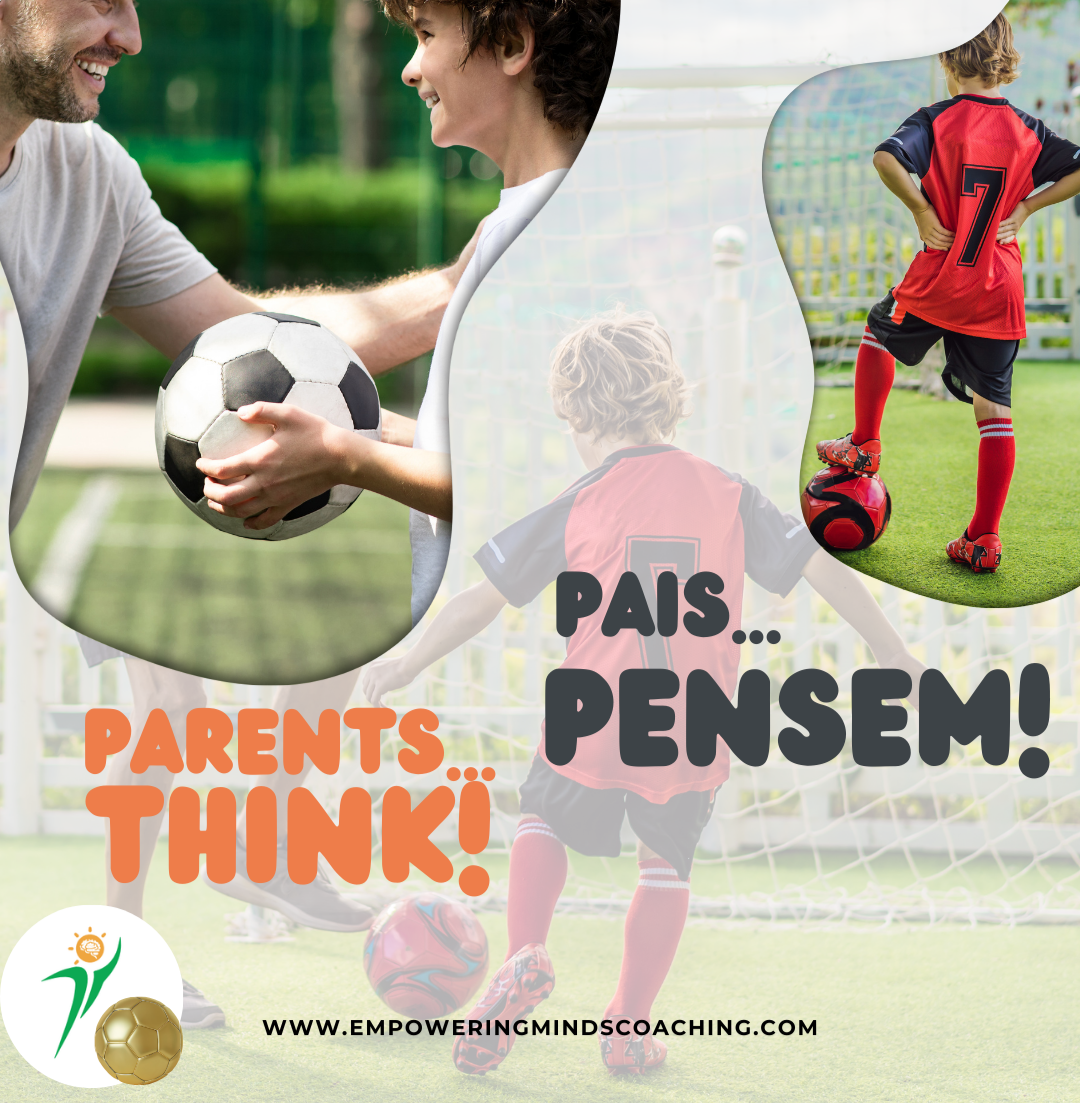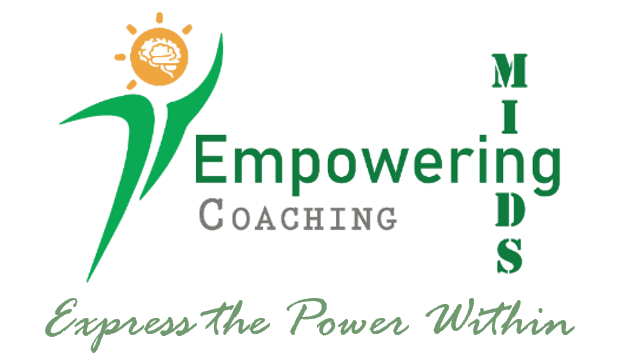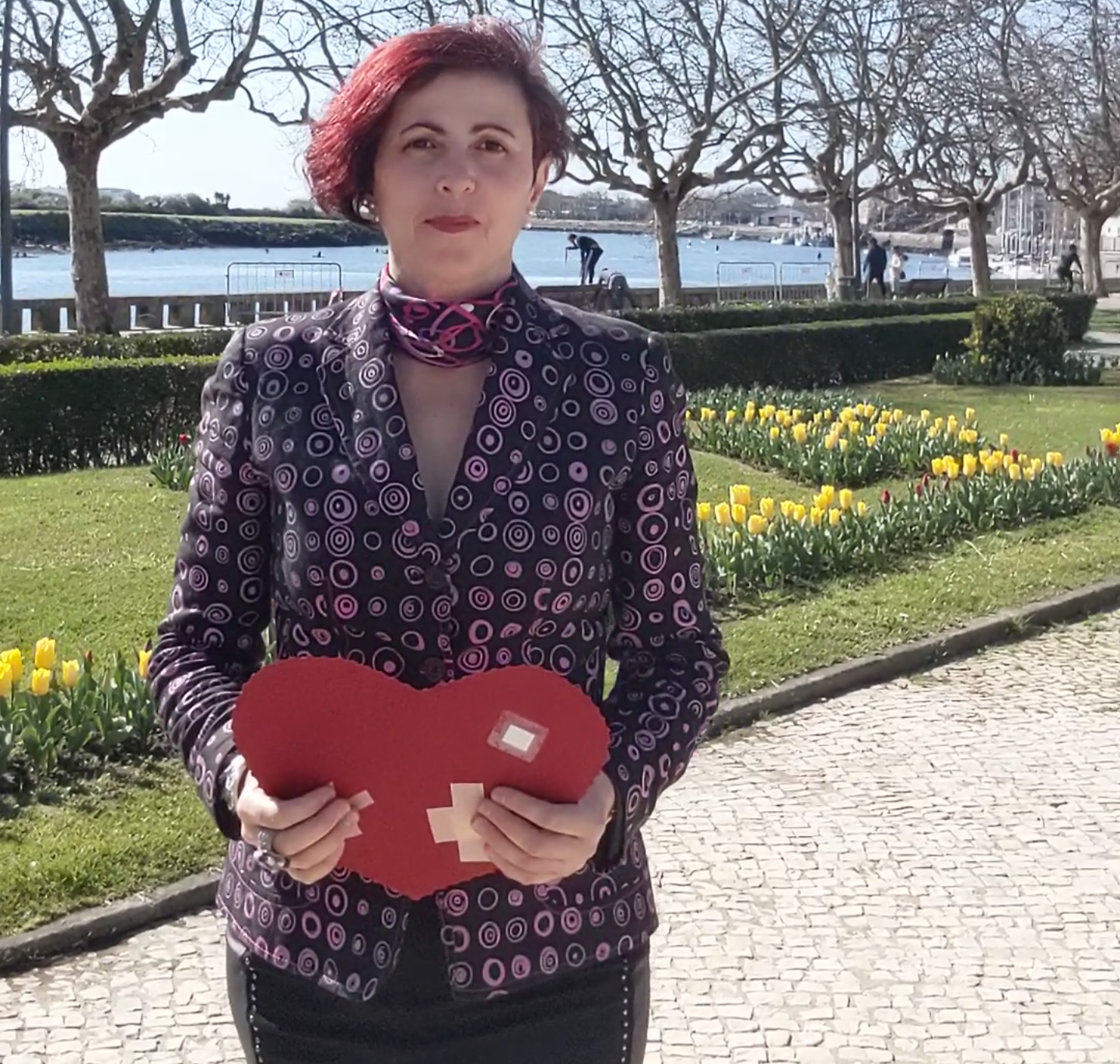
Parents… Think!
Do parents really stop to think?
The answer that comes to mind is no—because if they did so with awareness, they would realise the devastating impact that any act of violence, whether verbal or physical, has on everyone involved. This impact does not stay on the field; it is carried home, negatively affecting the family and creating a cycle of tension and instability.
Youth sports play a crucial role in the development of young athletes, not only in terms of physical and technical skills but also in fostering essential values such as respect, discipline, teamwork, and resilience.
In Portugal, as in many other countries, a concerning phenomenon has emerged: violence in youth games. This violence can be verbal, psychological, or even physical, involving not only players but also coaches, supporters and parents.
This type of behavior and these situations impact young people’s academic and sports performance, their interactions with family and peers, and even their self-esteem and confidence. Some may even end up associating with groups that encourage violence, perpetuating this behavior as if it is normal. Which is not!
What are the roots of Violence in Youth Sports?
Violence in youth sports does not arise out of nowhere. Several factors contribute to this behavior, including:
1 – Excessive Pressure for Success
Many parents and coaches see youth sports as a “trial by fire” for young athletes’ futures, forgetting that the primary goal is learning and development. This excessive pressure leads to aggressive behavior, both on and off the field.
2 – Lack of Emotional Control
Parents often project their frustrations and ambitions onto their children, struggling to manage their emotions during games. This inability to control frustration turns into insults directed at referees, coaches, and even other children.
3 – Culture of Intolerance and Excessive Competitiveness
In football and other popular sports in Portugal, there is a culture of exaggerated rivalry. Many fans and parents believe that “winning at all costs” is the most important thing, devaluing respect and fair play.
4 – Bad Examples from Professionals
When young athletes see professional players arguing with referees, faking fouls, or engaging in on-field conflicts, they tend to replicate these behaviors.
5 – Weakness of Prevention and Punishment Measures
Despite awareness campaigns and regulations, impunity still exists in many cases of violence in youth sports. The lack of concrete actions leads to the normalization of these behaviors.
Why is important to combat Violence in Youth Sports?
The effects of this violence are profound and go far beyond what happens on the field:
1 – Psychological Impact on Young Athletes
The toxic environment created by violence can make young athletes lose interest in sports, feel anxious, or even quit sports altogether. Moreover, it can severely impact their confidence and self-esteem—two essential pillars for healthy and successful development.
2 – Development of Bad Habits and Aggressive Behavior
Children learn by example. If they grow up witnessing insults and aggression, they may replicate these behaviors in other areas of life, including school and social relationships.
3 – Devaluation of Sports Values
Sports should serve as a means of education and inclusion. When violence takes over, fundamental values are forgotten, and the true purpose of youth sports development is distorted.
How to combat Violence in Youth Sports?
Addressing this problem requires a joint effort from clubs, federations, coaches, parents, and athletes.
Some solutions include Education and Awareness, Stricter Rules and Effective Penalties, Psychological Support, Greater Involvement of Schools and Promotion of Fair Play and Respect.
In Portugal the PNED (2012) sets the structure and initiatives aimed to promoting and fostering the ethical values inherent in sports practice, such as truth, respect, responsibility, friendship, cooperation, and many others.
“Ambassadors of Ethics in Sport” are man and woman with a mission of contributing to the pursuit of the PNED’s objectives by promotion and practicing of ethical values in sports.
One of the current Ambassadors is Vitor Santos, a football enthusiast who has written numerous articles on parental involvement in sports. His dedication to this topic led him to write the book “Educar o Sonho: Ética e Envolvimento Parental na Prática Desportiva.”
Inspired by his work, I created this short video to offer a different perspective and encourage parents, in particular, to open their minds and take responsibility. By developing this awareness, they will be better equipped to change their attitudes and, in turn, positively impact their children’s lives.
The Power of Energy and Vibration in Our Lives
Our thought and emotions directly influence our energy and vibration
We are all energy, and this can be observed at a microscopic level—atoms are constantly in motion and react to words and emotions.
When a parent attends a game and engages in aggressive behavior, their entire energy is focused on violence. Fear, anger, frustration—all of these emotions spread throughout the environment, affecting not only other parents but also the players, coaches, and their own children.
Many of these parents, without understanding the root of the problem, end up surprised when they realise that their family relationships are constantly tense. Arguments increase, conflicts with their children become more frequent, and the home environment becomes a reflection of the negative energy brought from the games.
Football, like other sports, is meant to have a positive impact on players, families, communities, and society as a whole. They serve as a powerful channel for growth and the promotion of a healthy culture—both physically and mentally.
Every effort is valuable in breaking the current cycle and paving the way for a new, stronger, and more POSITIVE FOOTBALL CULTURE.
⚠️ Video in Portuguese only.
——————————————————————————–
Ready to get started? Contact us today.
If you’re ready to get started, contact us for a 20-minute phone consultation. You can tell me your struggles, and we’ll let you know how we can help you.


